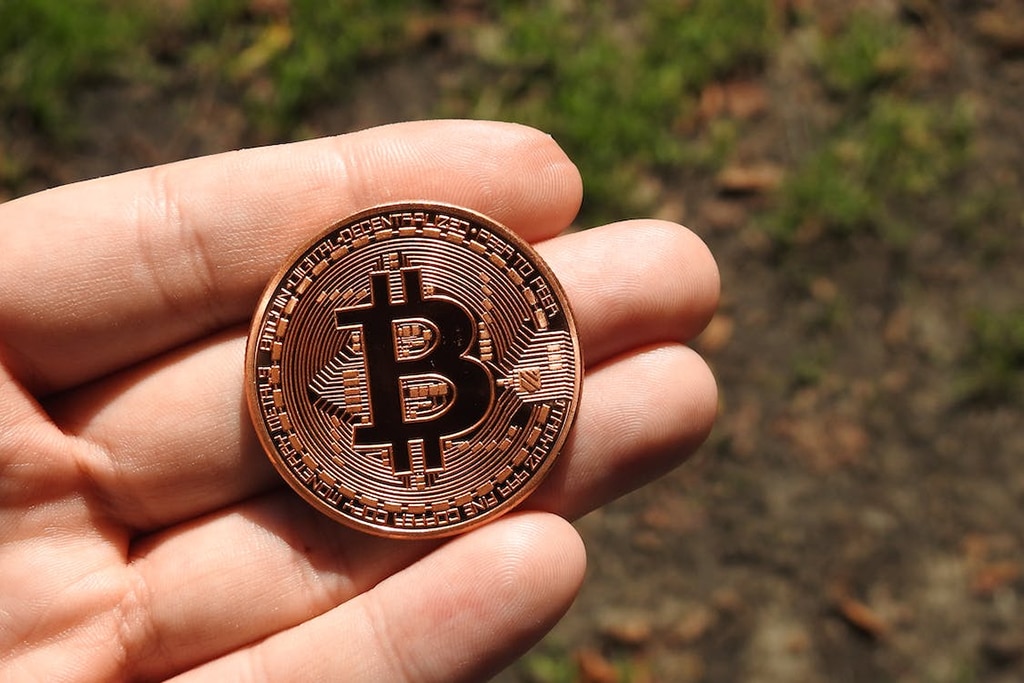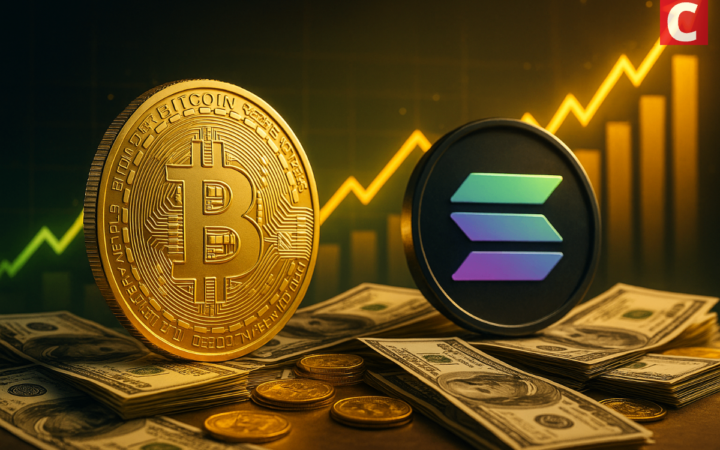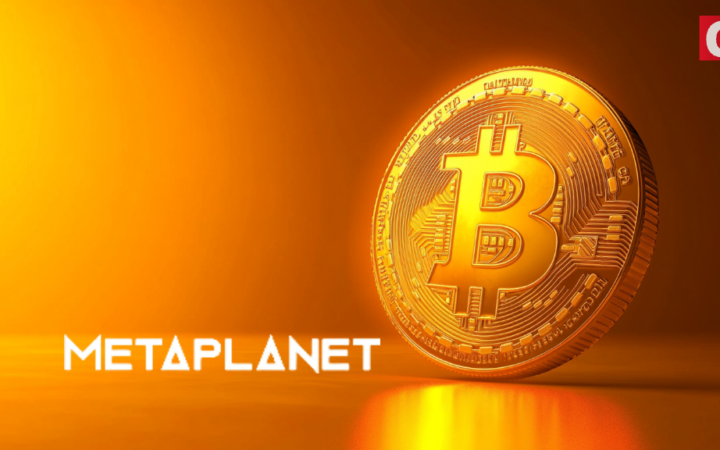
Please check out latest news, expert comments and industry insights from Coinspeaker's contributors.
In 2021, more than 20% of Americans owned cryptocurrency. That’s why we penned down this article to help you understand how these wallets work

Cryptocurrency investments have become fashionable among small-time investors, who consider them an alternative to traditional money-making schemes. Statistics have revealed that some 16% of Americans have bought, paid with, or invested in virtual money. At the same time, the meme-based culture urges more people to have faith in this trend. Several cryptocurrency exchanges have popped up due to their rising internet popularity. These exchanges permit small-time investors to make money with DOGE, Bitcoin, Ethereum, and other varieties of virtual money. Online experts advise investors to store their profits in cryptocurrency wallets. But why do you need these wallets?
So, how do we describe a blockchain wallet? Aside from being the name of a specific product, blockchain wallets are digital wallets used to store your virtual wealth. Your digital assets can remain secure in these e-wallets, and users can easily manage cryptocurrencies. After getting access to their wallets, users are assigned an ID similar to any banking account number. This e-wallet ID allows people to send money to others digitally or receive cryptocurrencies through them. However, some still forget how vital it is to acquire a crypto wallet to safeguard their cryptocurrencies. Here are some important things to ensure our readers have the necessary crypto know-how.
Many cryptocurrency exchanges offer you access to digital wallets. So, you can buy ether and other coins to store your cryptocurrency in their secure wallets. These platforms offer different services, such as two-factor authentication for added security. That’s how you can secure your transactions online and avoid losing your money to security breaches. So, what kind of wallets do these platforms have for a customer? These exchanges offer both hot wallets and cold wallets. Let’s explain these concepts in detail.
Can someone hack into your e-wallet? Yes. As long as your wallet is connected to the internet, it will remain vulnerable to attacks from cybercriminals. So, crypto-based investors seeking better security measures prefer hardware wallets instead of software wallets. There are two kinds of wallets:
Software wallets are mostly browser extensions and computer programs allowing people to store their digital wealth safely. On the other hand, hardware wallets are devices you own physically. They come in the shape of flash drives that don’t need to be connected to the internet. Your wealth is better stored inside these devices (but don’t lose them, or you might lose your entire portfolio forever). So, store your digital assets inside these thumb drives to make your virtual money inaccessible to hackers.
Remember that cryptocurrency only works when every transaction is transparent, and everyone gets a copy of the public ledger. So, your transactions aren’t private (though there are some apps people use for enhanced anonymity). Your digital wallets offer two keys, only one of which is private. Now, the public key will be the address of your wallet. But the private key is something only you can see, you can know, and can control. Losing this private key means you lose the proof of ownership of your digital assets. If someone else learns about this key, they can steal your cryptocurrency. So, the private key is to be protected. But your transactions will still be a part of public information.
We believe you realize how digital money, unlike fiat currency, doesn’t exist physically. Instead, it is more like a digital concept turned into reality. This decentralized currency exists only virtually and has no physical shape or form. That’s why e-wallets don’t have anything tangible. A person might ask: Does a digital wallet contain cryptocurrency then? Well, no. This wallet won’t hold cryptocurrency. Instead, it will hold the key to your coins. Your coins are stored on publicly available blockchain networks. Some experts prefer calling these wallets ‘keychains’. Losing your wallet doesn’t just mean that your cryptocurrency is also lost; you won’t be able to prove your ownership either.
Remember that these wallets are cost-effective but charge you something for all transactions. A person should, therefore, consider these charges before creating IDs on an exchange. These charges depend on the nature of your transactions. These wallets will charge you for every transaction. And that’s how these companies make money. As for hot wallets – since you are buying something from these companies – they are expensive. You may have to invest a handsome amount to purchase hot wallets. The costlier they are, the more secure they become. So, consider the costs before investing in any hot or cold wallet. Don’t forget to keep your transactions secured with passwords.
How secure is your money stored inside these digital wallets? Well, crypto-based investors shouldn’t forget that cryptocurrency isn’t redeemable once stolen. You can’t claim compensation for this burglary if someone steals it by guessing your password. So, vigilant cryptocurrency investors also invest in wallets that offer seamless protection from these digital robbers. Here’s how most crypto wallets today are protecting their consumers’ assets now:
Is one wallet enough for all your transactions? It depends on how much money you’ve stored in these accounts. We suggest several wallets if your virtual wealth can’t be managed properly with just one wallet. Remember that some e-wallets only allow users to store a limited amount of money, so it’s smarter to access different wallets. Moreover, you can keep different wallets based on the nature of your transactions. So, carefully consider the type of digital wallets you’re getting.
We have discussed certain details regarding blockchain wallets, otherwise called crypto wallets. These e-wallets, as we have seen, store your digital assets by serving as evidence of your ownership. In 2021 – we learn – more than 20% of Americans owned cryptocurrency. That’s why we penned down this article to help you understand how these wallets work. Cryptocurrency exchanges also offer these wallets and help customers retain their wealth properly. Hot wallets are internet-connected, but cold wallets come in the form of flash drives for additional security. You should secure your wallets by creating strong codes. Invest in several wallets for extra security, and that’s how you diversify your cryptocurrency portfolio.
Disclaimer: Coinspeaker is committed to providing unbiased and transparent reporting. This article aims to deliver accurate and timely information but should not be taken as financial or investment advice. Since market conditions can change rapidly, we encourage you to verify information on your own and consult with a professional before making any decisions based on this content.

Please check out latest news, expert comments and industry insights from Coinspeaker's contributors.




